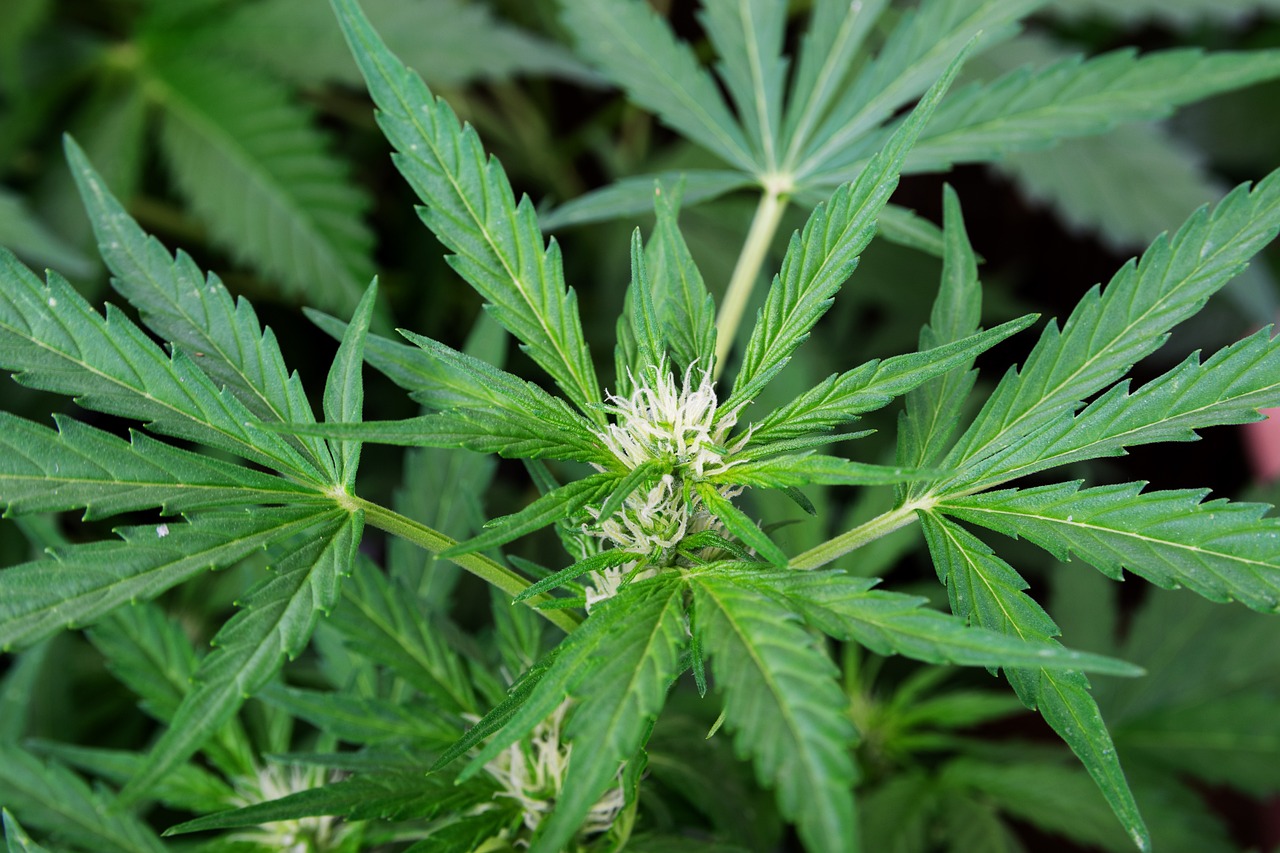In the ever-evolving landscape of cannabis research, understanding the nuances between different compounds is key. Two such compounds, THCA and THC, often spark curiosity and debate. While they share a similar origin, their effects and applications differ significantly. This article aims to shed light on these differences, providing a comprehensive overview of THCA flower market trends.
Understanding THCA
THCA, or tetrahydrocannabinolic acid, is a non-psychoactive cannabinoid found in raw cannabis plants. It is the precursor to THC, the compound responsible for the psychoactive effects commonly associated with cannabis use. THCA is abundant in fresh cannabis and begins to convert to THC when exposed to heat through a process known as decarboxylation.
Properties and Benefits of THCA
Research into THCA is still in its early stages, but preliminary findings suggest several potential benefits:
- Anti-inflammatory properties: THCA may help reduce inflammation, making it a potential candidate for managing conditions like arthritis.
- Neuroprotective effects: Some studies indicate that THCA could offer neuroprotective benefits, which might be useful in treating neurodegenerative diseases.
- Anti-emetic potential: THCA has shown promise in reducing nausea and vomiting, which could benefit patients undergoing chemotherapy.
These potential benefits highlight the need for further research to fully understand THCA’s therapeutic applications.
Exploring THC
THC, or delta-9-tetrahydrocannabinol, is the most well-known cannabinoid due to its psychoactive effects. It is the compound that gives cannabis its characteristic “high.” THC is formed when THCA undergoes decarboxylation, typically through smoking, vaping, or cooking.
Effects and Uses of THC
THC is widely recognized for its psychoactive properties, but it also offers several therapeutic benefits:
- Pain relief: THC is known for its analgesic properties, making it a popular choice for managing chronic pain.
- Appetite stimulation: Often referred to as the “munchies,” THC can increase appetite, which is beneficial for patients with conditions like HIV/AIDS or cancer.
- Sleep aid: THC may help improve sleep quality, offering relief for those with insomnia or other sleep disorders.
These effects make THC a versatile compound with a range of applications in both medical and recreational contexts.
Key Differences Between THCA and THC
While THCA and THC share a chemical lineage, their differences are significant:
- Psychoactivity: THCA is non-psychoactive, whereas THC is known for its mind-altering effects.
- Legal status: The legality of THCA and THC varies by region, with THC often facing stricter regulations due to its psychoactive nature.
- Medical applications: Both compounds offer potential therapeutic benefits, but their applications differ based on their effects and properties.
Understanding these differences is crucial for consumers and researchers alike, as it informs both usage and regulatory considerations.
Case Studies and Research
Several studies have explored the potential benefits of THCA and THC:
- A 2013 study published in the British Journal of Pharmacology highlighted THCA’s anti-inflammatory properties, suggesting its potential in treating inflammatory conditions.
- Research from the University of South Carolina found that THC could help reduce pain and inflammation, supporting its use in pain management.
- A 2017 study in the Journal of Neuroimmune Pharmacology explored THC’s neuroprotective effects, indicating its potential in treating neurodegenerative diseases.
These studies underscore the need for continued research to fully understand the therapeutic potential of both THCA and THC.
Practical Applications and Considerations
For those interested in using cannabis for therapeutic purposes, understanding the differences between THCA and THC is essential. Here are some practical considerations:
- Consumption method: To experience THCA’s benefits, raw cannabis consumption is necessary, as heating converts it to THC.
- Desired effects: Those seeking non-psychoactive benefits may prefer THCA, while those looking for psychoactive effects might opt for THC.
- Legal implications: Be aware of local laws regarding cannabis use, as they can impact the availability and legality of THCA and THC products.
These factors can guide consumers in making informed decisions about cannabis use.
Conclusion
THCA and THC, while chemically related, offer distinct effects and benefits. THCA’s non-psychoactive nature and potential therapeutic applications make it an intriguing area of study, while THC’s psychoactive properties and established medical uses continue to drive its popularity. As research progresses, a deeper understanding of these compounds will likely emerge, offering new insights and applications in the field of cannabis science.


